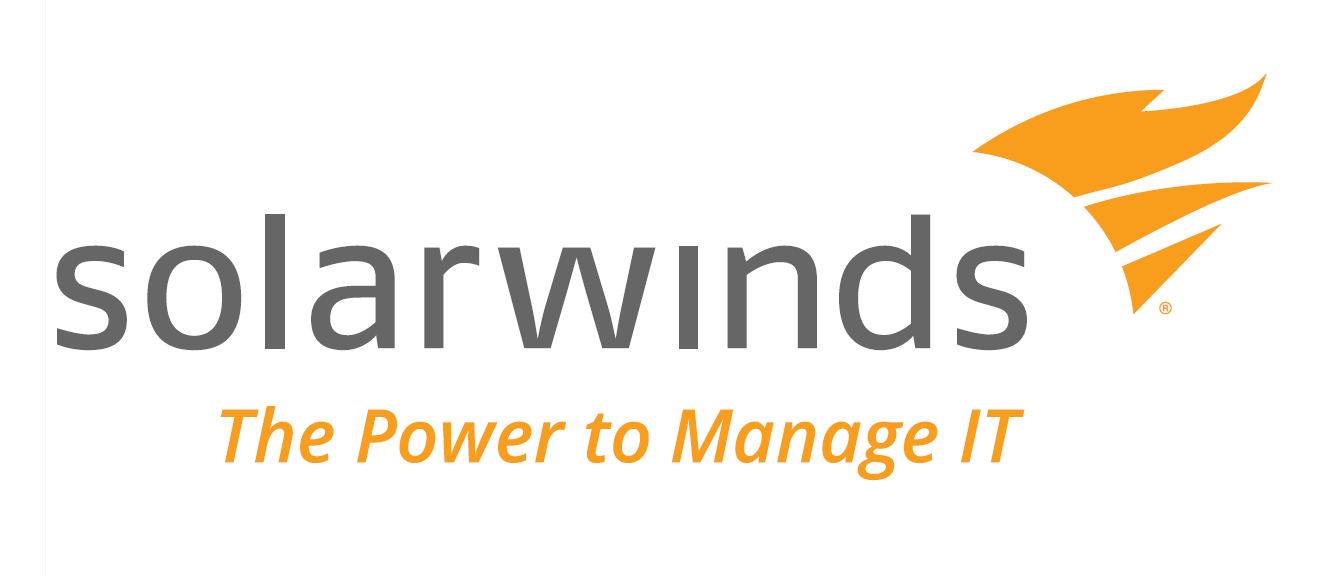18 KiB
| _class | paginate | backgroundColor |
|---|---|---|
| lead | true |
Expanding (Dis)Trust
How can we prove that our software has not been tampered during build time?
- Binary - software that's in a format computers can work with
- Compiler - builds software into binaries
- Hashing - takes a data set and produces a fixed length string
Anton Livaja
Co-Founder & Security Engineer at Distrust (https://distrust.co)
-
Firm specializing in high assurance security consulting and engineering.
-
Mission: to improve the security, privacy and freedom of as many people as possible through working on fundamental security problems and creating open source solutions.
-
Clients: electrical grid operators, healthcare providers, fin-tech companies and more.
Ken Thompson's Reflections on Trusting Trust
[The moral is obvious. You can't trust code that you did not totally create yourself. (Especially code from companies that employ people like me.) No amount of source-level verification or scrutiny will protect you from using untrusted code...]
What's the Answer?
-
Integrity hashes are already widely used
-
Determinism / Reproducibility
-
Method of building software which ensures that the resulting binary for a piece of software is always bit-for-bit identical.
-
-
When something is bit-for-bit identical each time it is deterministic
-
Once something is deterministic, it can be reproduced
How Deep Do We Have to Go?
-
Software Application
- First Party Code
- Third Party Code
-
Build and Runtime Environment
- Operating System + Packages
- Additional CLI / Tools
-
Compiler
Adequate Solution
-
Allows us to make the whole tree deterministic
-
Can be easily reproduced (deterministically)
-
Drop in replacement for the current approach
Bootstrapping our Way Up
Who Compiles the Compiler?
-
Mostly downloaded as a binary
-
Even if the compiler is built from source, usually another compiler is used to do so
-
This means there is no clear providence to how we went from nothing to having a usable compiler
Bootstrapping Compilers
-
Consists of "stages", and hundreds of steps of starting from a human auditable (256 byte) compiler written in hex0 and building up all the way up to a modern compiler
-
Bootstrapping programming languages
We Have a Compiler, Now What?
- Build all of the different dependencies we need:
linux kernelbashopensslgit- Yes... I mean everything in your build environment
Status Check-In
- So far we have:
- A fully deterministic compiler
- Used that compiler to build all our dependencies
- Last thing remaining: your application
Deterministic and Minimal Linux distribution
| Distribution | Signatures | Libc | Bootstrapped | Reproducible | Rust deps |
|---|---|---|---|---|---|
| Stagex | 2+ Human | Musl | Yes | Yes | 4 |
| Debian | 1 Human | Glibc | No | Partial | 231 |
| Arch | 1 Human | Glibc | No | Partial | 127 |
| Fedora | 1 Bot | Glibc | No | No | 167 |
| Alpine | None | Musl | No | No | 41 |
Full source bootstrapped from Stage 0
From a 256-byte compiler written in hex0, StageX bootstraps all the compiler tools necessary to build the distribution, 100% deterministically.
- Stage 0: Getting a basic C compiler on x86
- Stage 1: Building GCC for x86
- Stage 2: Upgrading GCC for x86_64
- Stage 3: Building up-to-date toolchains
- Stage X: Shipping the software you know and love
A Rust Example
FROM stagex/pallet-rust@sha256:b5bb9d8014a0f9b1d61e21e796d78dccdf1352f23cd32812f4850b878ae4944c AS build
ADD . /src
WORKDIR /src
ARG TARGET x86_64-unknown-linux-musl
RUN cargo build --release --target ${TARGET}
FROM scratch
COPY --from=build /app/target/${TARGET}/release/hello /usr/bin/hello
CMD ["/usr/bin/hello"]
All packages in StageX are:
- Built using hash-locked sources
- Confirmed reproducible by multiple developers
- Signed by multiple release maintainers
Multi-Signed OCI Images
Multiple maintainers can each sign individual images, with the container runtime enforcing multiple signatures by maintainers to ensure no individual maintainer could have tampered with an image.
Common toolchain dependencies
StageX comes with developer-loved tooling and languages, such as:
curlgitbashopenssl
Pallets
StageX will soon offer prebuilt containers including all the packages necessary to run some of our most used software, such as:
rustgonodejsnginxredispostgres
Key Takeaways
StageX...
- Your software, at every point in the bootstrapped toolchain, can all be built deterministically.
- Packages the software you're already using, but in a more secure manner.
- Is a drop in replacement, and has container support
What's Next?
-
Adding SBOM
-
Packaging more software
-
Fully automating software updates
-
Additional container runtimes like Podman and Kaniko
-
Additional chip architecture support such as ARM and RISC-V
How You Can Help
-
Provide feedback
-
Support with development efforts
-
Become a sponsor
Other Projects
This is only one part of the "Distrust Stack"
-
keyfork: toolchain for generating and managing a wide range of cryptographic keys -
bootproof: tpm2 remote attestation -
reprOS: OS designed for secure reproduction -
sigRev: open standard for signed code reviews
Links
Email: anton@distrust.co / sales@distrust.co
Matrix Chat: #stagex:matrix.org
Git Repo: https://codeberg.org/stagex/stagex
Big thank you to sponsors who have supported the development of this project:
Turnkey, Distrust, Mysten Labs
Thank you to InCyber for hosting this fantastic event!
